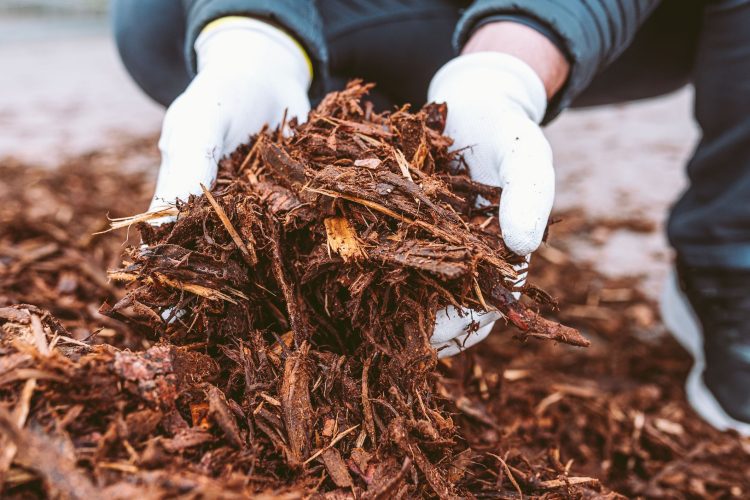For many homeowners, summer and time in the yard go hand-in-hand. While yard maintenance is necessary in the summer months to keep your landscaping at its best, there are some mistakes that are all too common. Boost your curb appeal year-round by avoiding these summer yard work habits that can cost you.
Too Short Lawns
Cutting the lawn is key to making it look its best, and while shorter grass can improve your curb appeal, cutting it too short is a mistake. The hottest days of summer are sure to arrive in no time, and a too-short lawn can mean more risk to the soil and grass roots.
Neglecting the Mulch
Mulching isn’t just aesthetic; it plays an important role in your landscaping beyond the looks. Skipping mulch or using it incorrectly can damage your plants. Mulching flower beds can help prevent moisture loss, mitigate weeds, and encourage temperature regulation, thereby protecting your plants’ roots. Avoid piling it against tree trunks or plant stems, since that can promote rot.
Incorrect Pruning
Pruning in summer can tame fast-growing plants, but incorrect pruning can cause a lot of issues. Avoid pruning during a heat wave and ensure you prune during cooler times of the day. Remember that major pruning should usually be done in spring or fall, so stick to smaller cuts that focus on maintenance. Deadheading flowers can encourage growth throughout the season and prevent your plants from going to seed.
Infrequent Watering
Infrequent or inconsistent watering is sure to hamper your hard work in the yard. The dry and hot conditions of summer can mean that missing a few waterings can wreak havoc on your plants and lawn if you’re going out of town or just know that your busy schedule may make you forgetful, set up irrigation or a simple sprinkler on a timer. This will keep your yard watered and healthy.
Planting Before Fall
The summer months are often considered peak planting seasons, but it’s essential to understand what should wait until fall. Although many ornamental plants can still be added to your garden or yard in the summer, some plants, like trees, roses, and shrubs, do best if you wait until cooler and damper temperatures. Depending on your local climate, they may struggle to establish well in the drier conditions. When in doubt about a specific addition, check with a local nursery to ask for their advice.











